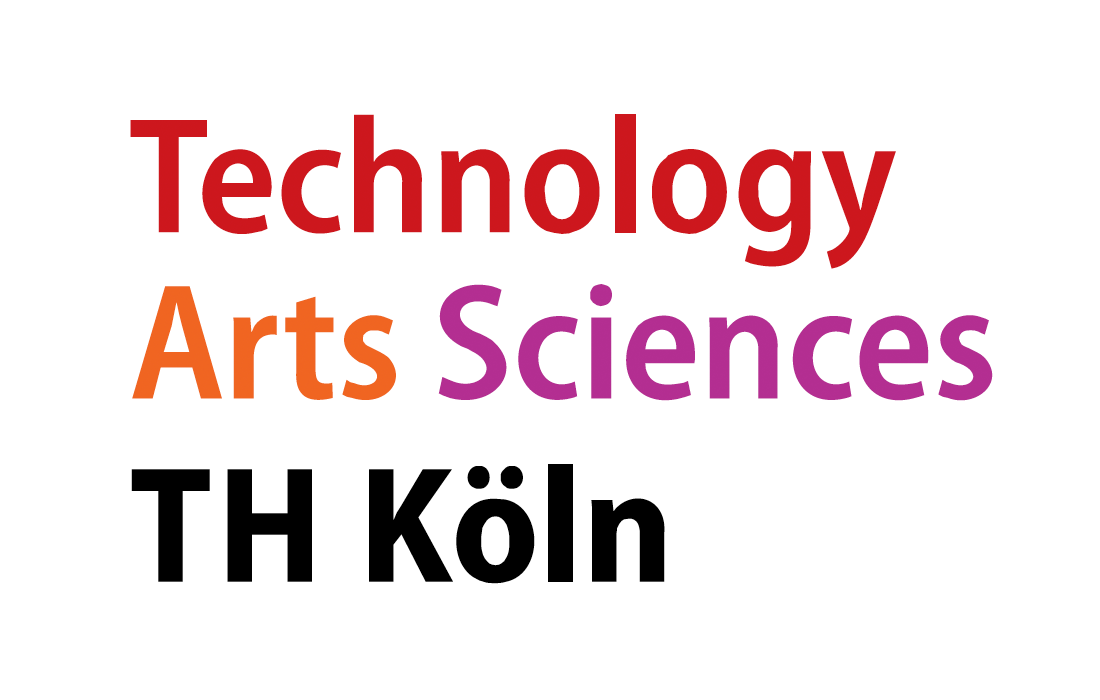Mapping to Focus Areas
Below, you find the module's mapping to the study program's focus areas. This is done as a contribution to all relevant focus areas (in ECTS, and content-wise). This is also relevant for setting the module in relation to other modules, and tells to what extent the module might be part of other study programs.
| Focus Area |
ECTS (prop.) |
Module Contribution to Focus Area |
| Generating and Accessing Knowledge |
1 |
In the combination of focus areas, this Guided Project will usually contain some element of knowledge generation and analysis.
|
| Architecting and Coding Software |
1 |
When bringing focus areas together, there is some amount of software programming or scripting involved.
|
| Empowering Business |
1 |
This type of Guided Project will deal with exploring a (business) domain and creating a dedicated business/domain support solution, based on this exploration.
|
| Acting Responsibly |
1 |
The students learn to work in an interdisciplinary context, which requires a high amount of empathy and reflection.
|
| Designing Innovations and Products |
1 |
Goal of such a Guided Project is usually the design and creation of some kind of service or product, as an answer to an interdisciplinary challenge.
|
| Managing and Running IT |
1 |
This kind of Guided Project will consider the solution support by IT as a longterm and sustainable base for success.
|
Learning Outcome
Students will learn to work on a complex project in a team setting.
By implementing the project, the students will learn …
- problem-solving skills,
- self-management skills,
- teamwork skills, and
- the ability for independent scientific work.
- methods and knowledge about the subject matter, by focus on practical experience.
This way, the students will be able to perform, plan, and lead similar projects in a professional context.
Module Content
The project consists of supervised work on a complex task in research and development (possibly in cooperation with external
partners), in a team. The supervisor defines the objectives of the project, and guides the team during the project execution.
This includes a regular progress monitoring, in the form of intermediate meetings between supervisor and team in intervals
of not more than three weeks.
In addition, the supervisor agrees at least two project milestones with the team. The milestone results will
contribute in an adequate manner to the final grade. The supervisor further decides, in consent with the student team, about
communication channels and the mode of cooperation within the team, and reflects this in regular intervals together with the
team.
Due to the nature of this project type, projects are open to all students of the study program, with the only restriction
being the maximum number of participants, and required skills. The supervisor sets the goals of the project.
The students independently research the relevant literature, decide on technology, and work on a solution.
The students work on documentation of the project results, research state of the art technology, use problem-solving
methods etc. Teamwork is an essential part of the learning experience, therefore the minimum number of participants
is 2 students.
The overall grade is based on the project results, project report, presentation, and possibly other parts (at
the discretion of the individual lecturer).
Learning Material Provided by Lecturer
Depending on the project.
Literature
Depending on the project.
